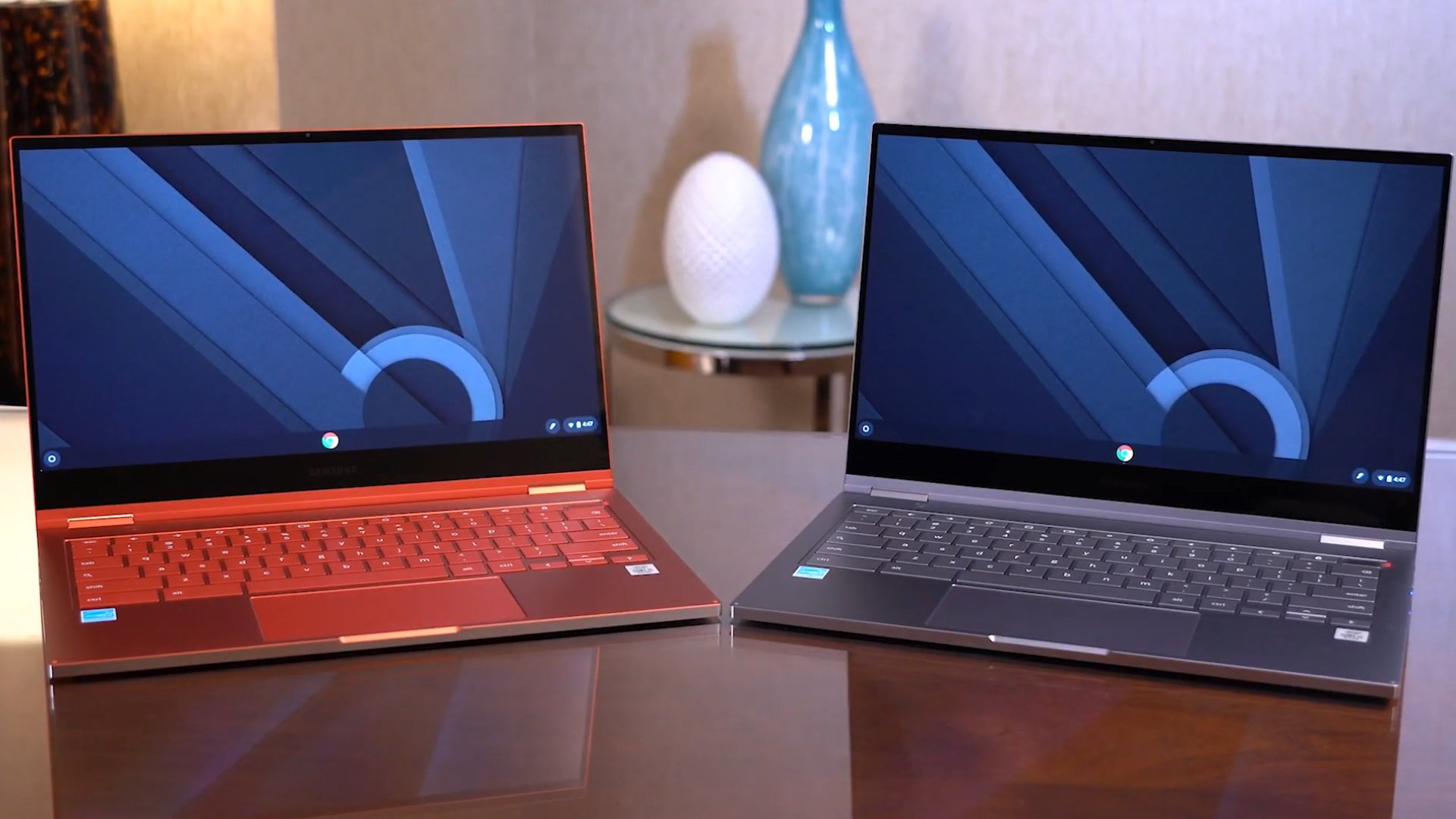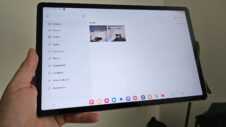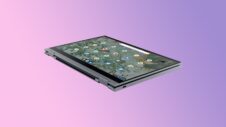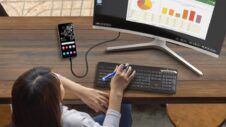A pretty wild rumor recently suggested that Samsung is developing a DeX notebook. Or, more specifically, the so-called DeXbook would combine the in-house desktop experience with Google's ChromeOS. It's a far-out idea but might work under the right circumstances. Or, at the very least, it would be a unique experiment to behold.
However, as an exclusive DeX user for more than a year, I have a strong feeling that the only way the DeXbook would be successful is if the DeX platform itself gets a significant update. Otherwise, the notebook might be dead on arrival, or it might have to rely too much on ChromeOS to justify its existence.
DeX on a notebook could face a different level of scrutiny
Don't get me wrong. I believe DeX is a fantastic desktop-like platform for a phone or an Android tablet. And that's the keyphrase: phone or an Android tablet.
You see, compared to a full-fledged desktop OS like Windows, DeX has some issues and is missing some features. But I overlook most of the platform's shortcomings because the desktop experience is wrapped up in small and portable devices. Minor improvements are always welcome, but I don't expect miracles from DeX running on my Galaxy phone.
On the other hand, I'm afraid that the DeX platform would face a much higher level of scrutiny if it powered a full-fledged notebook. And rightfully so. The so-called DeXbook and DeX itself would be directly compared to laptops and desktop-grade operating systems rather than smartphones and tablets running Android OS.
And for DeX to survive in that environment, I think it would have to be a lot better than it is now. At the very least, it needs to be better optimized and have higher stability, and offer a few more desktop-grade features, such as improved multi-window and more in-depth system settings for things like app update schedules, display resolutions, UI rescaling, and others.
Chromebook first, DeX notebook second?
Samsung could try to get around the shortcoming of DeX by marketing the DeXbook as a Chromebook first and a DeX notebook second. And the company might believe that strategy would allow the DeX platform to save face in case things go wrong. But even so, I still believe Samsung's desktop platform, in a notebook form factor, would be scrutinized and picked apart like never before.
Furthermore, since the DeXbook is supposedly a hybrid device, DeX would inevitably be compared to the notebook's ChromeOS counterpart. Google's OS might put the DeX platform in a harsh spotlight, and Samsung should be aware that customers will compare the two environments and how the operating systems perform on the same hardware. And ChromeOS might just have the upper hand.
Ultimately, this endeavor could be like the proverbial two-edged sword. It could lead to DeX's doom or push the platform closer to its rebirth out of the necessity to be competitive in the notebook space. I just hope Samsung takes into consideration that DeX may need to achieve competitiveness in the notebook space before the DeXbook goes on sale. Or else, this hybrid device — assuming it exists — might end up hurting the little reputation DeX has right now.



![[Update] No Samsung DeX support in Galaxy Z Flip 5’s short list of upgrades](https://www.sammobile.com/wp-content/uploads/2023/07/Galaxy-Z-Flip-5-13-226x127.jpg)


